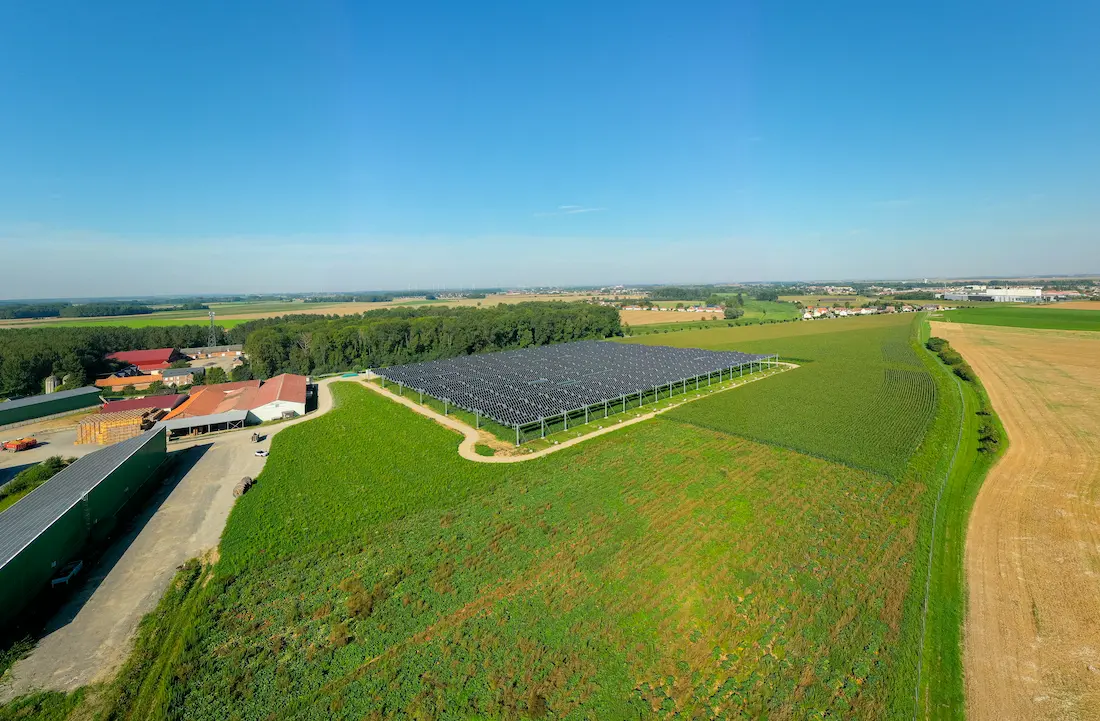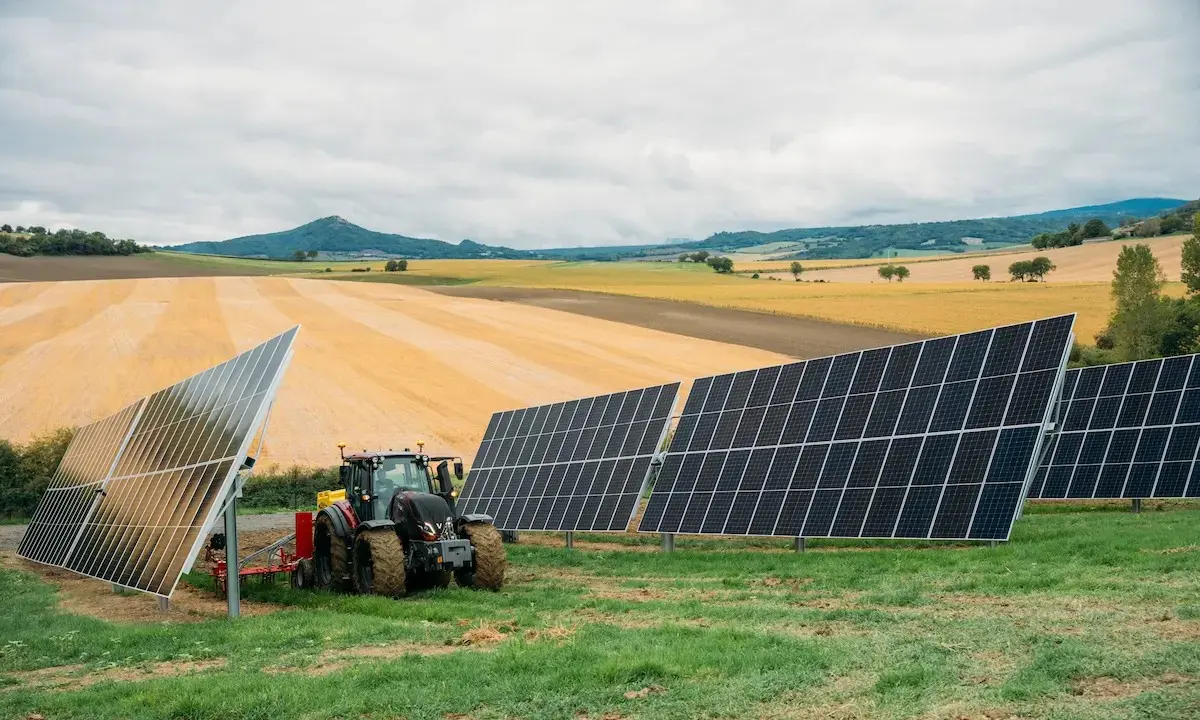The involvement of territories: at the heart of solar energy production

Accelerating the production of carbon-free electricity in France: a key role for solar energy
It is essential to understand electricity not in isolation, but within the overall framework of energy uses. Currently, more than 60% of final consumption — whether it concerns transport, industry or homes — remains covered by imported fossil fuels (oil, gas, coal). However, this dependence is less pronounced for electricity. In France, 95% of electricity is already carbon-free, in particular thanks to nuclear power and renewable energies such as solar or wind. To accelerate the exit from fossil fuels, it is becoming necessary to increase carbon-free electricity production. While new nuclear reactors can be built in the long term, only renewable energy allows us to rapidly increase our production capacity over the next fifteen years.
> To read: French energy strategy and the deployment of renewable energies
A question of energy sovereignty and financial attractiveness
Beyond its environmental benefits, renewable electricity production is a lever for sovereignty. By reducing our dependence on fossil fuel imports — estimated at 60 billion euros per year — it acts directly on our trade balance. By producing sustainable energy locally, added value remains at the heart of territories, with a reliable and sustainable supply for decades to come.
Moreover, the value chain is overwhelmingly European and French, representing 90% of the total cost of installations. This production is also a competitive advantage for manufacturers. In a context of increased international competition, guaranteeing them low-carbon electricity at a competitive price is becoming strategic. Solar energy stands out here, thanks to technological advances that make it the cheapest source of electricity production today.
Towards a flexible and adapted energy system
Faced with changes in the electrical system, producers and consumers must now be agile. Photovoltaic power plants offer a relevant response thanks to their controllability: they can adapt their production according to the needs of the network, thus contributing to the security of supply.
The massive development of renewable energies is also paving the way for new practices. For example, some providers set up off-peak hours in the middle of the day, a time when solar energy is abundant. This evolution allows consumers to take advantage of electricity that is green, accessible and available at the right time.
An economic opportunity for territories
At the local level, collective self-consumption promotes the use of renewable energies. In Souleuvre-en-Bocage (Calvados), the agrivoltaic installation developed by TSE already supplies three SMEs that benefit from a reduction in their energy bills.
Solar energy is thus becoming a tool for local economic dynamization, managed by local actors and integrated into its ecosystem. Some installations may also use participatory financing, such as in Normandy, where 285 citizens from neighboring departments invested 800,000 euros at an annual rate of 7.5%. This type of initiative promotes the ownership of projects, their transparency and social ties around concrete issues.
From acceptability to territorial commitment
Renewable energy draws its strength from its local production, while meeting the challenges of energy transition. The success of projects depends on a constant dialogue with local authorities. It aims to present impact studies, landscape integration methods, and value sharing mechanisms in a transparent manner.
These projects also generate significant fiscal benefits. For example, a 10 MWp installation can bring in up to 22,500 euros in annual revenue for the host municipality. They also support the local economy: whether it is a question of consolidating an industrial activity or of securing the future of a farm through agrivoltaics.
To bring about local, decarbonized and sustainable energy sovereignty, it is now essential to go beyond simple social acceptance. It is a question of federating stakeholders around committed projects that are meaningful, and integrated into the dynamics of their territory.
Do you have a project? Contact TSE, a reference in agrivoltaics in France.

.webp)











